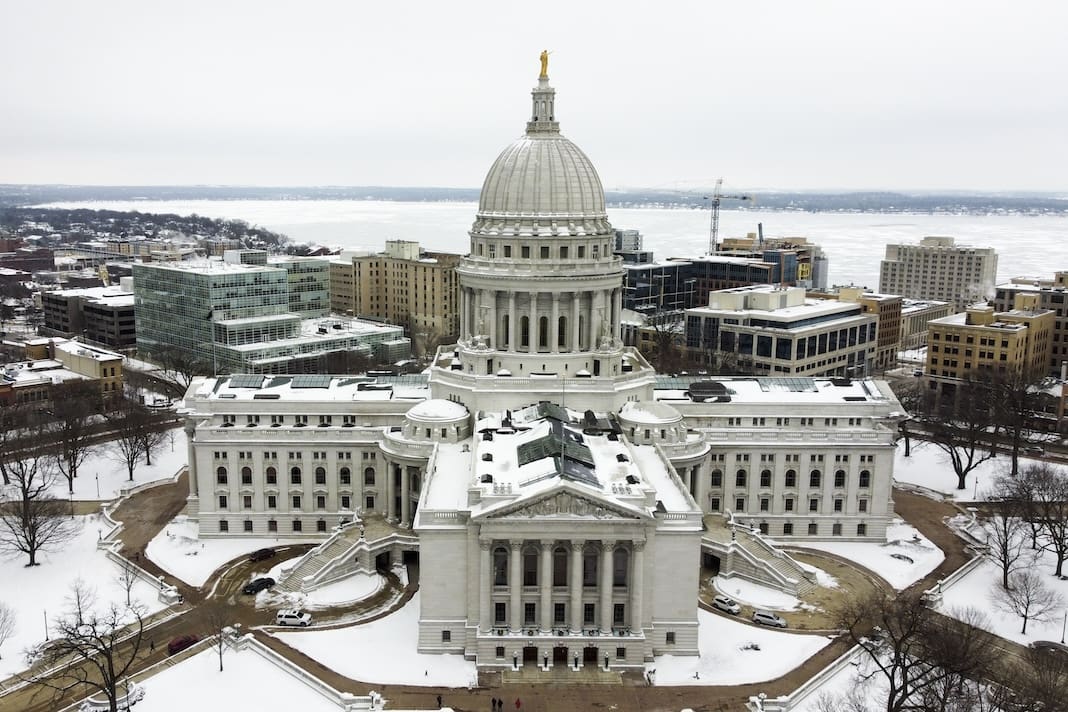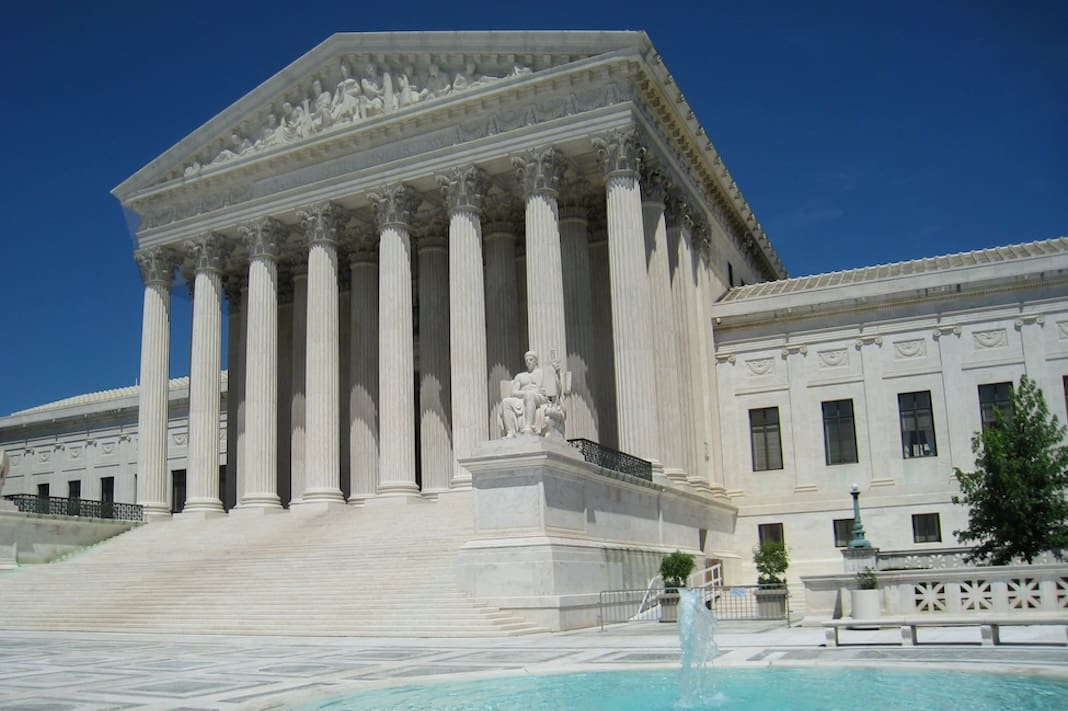Abortion is back in Wisconsin. But for some, it’s like the ban was never lifted.
Some residents have to travel hundreds of miles to visit one of the state’s few abortion clinics.

On an early summer morning, Shanna Behrend got in her friend’s car and drove roughly 100 miles from Stevens Point to Madison, Wisconsin. She needed to have an abortion.
She was 24 and still in college, and she and her boyfriend weren’t ready to be parents. But she soon learned there wasn’t an abortion clinic in her hometown. The closest one was three counties south in Madison.
She didn’t have a car, but a friend offered to drive her the roughly four hours there and back to have the procedure.
“I just kind of felt really sneaky, like we were sneaking out of town,” Behrend said. But once she had had the procedure, she only felt relief.
That was in 1992. More than 30 years later, it’s still difficult for residents of central and northern Wisconsin to access abortion services because there aren’t any clinics in their region.
When the U.S. Supreme Court struck down federal abortion protections in June 2022 with its ruling in Dobbs v. Jackson Women’s Health Organization, a suspended Wisconsin law from 1849 went back into effect, banning abortion in all cases except to save the patient’s life.
As a result, Planned Parenthood had to stop providing abortion care, forcing Wisconsin residents to travel to surrounding states for procedures.
On July 7, 2023, a Dane County Circuit Court judge said the 1849 law doesn’t apply to consensual abortions but only prohibits attacking a woman in an attempt to kill her unborn child. The judge’s ruling has allowed the lawsuit to continue through the courts: It is likely to go before the Wisconsin Supreme Court, on which liberals hold a majority.
Planned Parenthood resumed providing abortion care on Sept. 18, 421 days after the Dobbs ruling, but only at its clinics in Madison and Milwaukee, putting hundreds of miles of farmland, pine forests and small towns between many rural residents and abortion care.
“It’s like an abortion care desert pretty much in the central and northern part of the state,” said Dr. Anna Igler, an OB-GYN in Green Bay. “And it has been for a long time.”
Before the ban, the only other Planned Parenthood clinic that performed abortions was in Sheboygan, which is only about an hour north of Milwaukee. Abortion services have yet to resume at that location. The procedure had also been available at an Appleton clinic until it closed in 2016 due to security issues.
Feeling trapped
Not being able to receive abortion care in their own community puts up a lot of barriers for patients. They have to pay for travel, such as gas or a bus ticket, and may need to stay overnight in a hotel due to Wisconsin’s mandatory 24-hour waiting period between a first visit to a provider and the actual abortion procedure. Patients might have to take time off work and pay for child care, and that’s all on top of whatever the procedure itself might cost.
In 2013, Alyshia Jenkins had to travel from Rhinelander to Appleton to get an abortion. She made the trip twice, spending roughly 10 hours total in the car, once for the initial appointment and three days later for the actual procedure.
She had to take time off work both times, which meant telling her boss about the procedure.
“Thinking about it now, it’s still very uncomfortable, because I feel like no matter which way I went about it, it was an invasion of my privacy,” Jenkins said.
“It should be something you should be able to just go to your local health care provider and just be able to get done and recuperate at home,” she said.
Simply losing the trust and comfort of your own community is a barrier, too.
“It’s very, very personal. And then to have to leave, to have to really leave your community and go to a place where you don’t know anybody taking care of you is a leap of faith,” said Igler.
Behrend said her life would have been a lot different if she hadn’t gotten help traveling to get her abortion.
“I’m very fortunate that I had a friend who could help me. And I’m also very fortunate that, if not for her, I would have had other support,” she said. “I can’t imagine for some people what this must feel like. You must feel kind of trapped.”
Gray area
The whiplash of the Dobbs ruling, the state’s abortion law, and the subsequent legal battle has created complex situations for doctors and patients.
“What the Dobbs decision did is made it much more complicated to care for pregnant patients,” said Dr. Cara Syth, an OB-GYN in Menomonie. “Because there are a lot of gray areas.”
Abortions are used frequently in scenarios during pregnancy that people don’t often think of, Syth said, such as ectopic pregnancies, miscarriages, or conditions that make the pregnancy nonviable. Doctors are second-guessing themselves, and hospital lawyers are weighing in more.
Women in rural parts of the state are struggling to get basic OB-GYN care, too. According to a 2019 report from the Wisconsin Office of Rural Health, 11 rural hospitals had closed their obstetric units in the previous decade. Over the last two decades, the number of rural hospitals delivering babies dropped from 61 to 35. Syth’s hospital recently closed its family birth center, as did the one in nearby Barron.
The fact is that not all doctors in the state see abortion in the same way. Not all of the partners at Igler’s hospital will perform an abortion. Some of them just don’t have the right training, she said, but others won’t because of personal belief. Syth now often sends patients with complications to Minnesota, when previously they could have received care closer to home.
Providers hope abortion stays legal in Wisconsin. But they know the issue of access to care needs to be solved too. More clinics should be opened around the state, more procedures should be performed in hospitals, and more on-the-ground support should be provided, they said.
“We need to go back to where we were, but also then make it better from there. Because where we were also wasn’t really great because patients still had to travel long ways if they wanted to terminate a pregnancy,” Syth said. “I think we need to work to improve access closer to home.”




